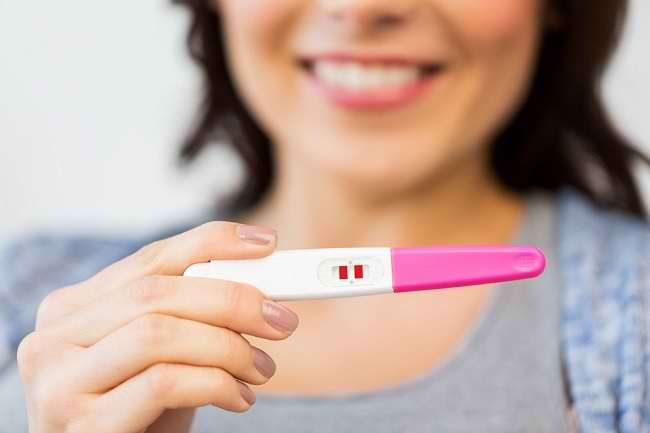The vulva is a part of the female sex organs that plays a role in protecting the inside of the vagina. Seeing these functions, it is important to always maintain the cleanliness and health of the outermost organs of the vagina so as to avoid various diseases.
The vulva is composed of several parts, namely the labia majora, labia minora, clitoris, Bartholin's glands, and pubic hair. The parts of the vulva have their respective functions, both during sexual intercourse and the process of fertilization.

Functions of the Vulva as Part of the Female Intimate Organ
As part of the female sex organs, the vulva has an important function in sexual activity. This section consists of many nerve sensors that are sensitive. When getting the right stimulation can produce sexual pleasure and help you achieve orgasm.
When a woman is sexually aroused, the vulva will appear enlarged due to increased blood flow. Increased blood flow also makes the clitoris erect and the vaginal walls expand.
When stimulated, the Bartholin's glands in the vulva will secrete a natural lubricant that can reduce friction during penetration. This will certainly increase satisfaction during sexual intercourse.
During penetration, hair that grows on the vulva also serves to reduce friction and prevent germs from entering the body. Therefore, pubic hair does not really need to be shaved, unless there are certain medical conditions such as pubic lice infection.
Various Types of Diseases in Vulva
The health of the reproductive organs, including the vulva, is very important to always be maintained. If not treated properly, there are various types of diseases that can occur in the vulva, namely:
1. Folliculitis
Folliculitis is caused by a bacterial infection of the hair follicles. This condition is characterized by the appearance of small, red, and painful lumps. In addition to the vulva area, these lumps can also appear on the labia majora.
2. Contact dermatitis
Contact dermatitis is characterized by symptoms of pain, itching, burning, or stinging. This occurs due to irritation of the skin due to the use of perfume, feminine hygiene soap, latex condoms, lubricants, or certain clothing materials.
3. Bartholin's cyst
Blockages in the Bartholin's glands can trigger the formation of a Bartholin's cyst. This condition is characterized by the appearance of lumps filled with fluid. Although generally small and rarely cause symptoms, the lump that appears can become infected and cause an abscess or buildup of pus.
4. Lichen planus
Lichen planus is an inflammation that can occur in various parts of the body, including the vulva. When it occurs in the vulva, symptoms can include itching and pain during sexual intercourse. In addition, the skin of the vulva will appear white and wrinkled. Not infrequently a purplish lump appears on the skin of the vulva.
5. Vulvar atrophy
This condition is characterized by thinning of the vulvar skin caused by a decrease in the amount of estrogen before menopause. Vulvar atrophy results in vaginal dryness, itching, and pain during sexual intercourse.
6. Vulvar cancer
Symptoms of vulvar cancer can include itching, burning, pain, and the appearance of a lump or sore on the vulva. Other symptoms can be a change in skin color or a lump in the groin.
Vulvar cancer can be caused by HPV infection. In addition, the vulva can also be affected by melanoma skin cancer, skin cancer squamous cell carcinoma, and cancer of the sweat glands or Batholin.
Immediately consult a doctor, if there are changes in the skin on the vulva or pain, burning, or itching appears. Do not leave this condition for too long without proper treatment.
Tips for Caring for the Vulva
To prevent the various types of diseases above, there are several things that need to be considered so that the cleanliness of the intimate organs is maintained, namely:
- Clean the vulva with warm water and gently dry it with a soft towel.
- Avoid using soap or toilet paper that contains perfume.
- Avoid using pads or tampons with plastic coating or added fragrance.
- Avoid using powders and cleaning products on intimate organs.
- Use cotton underwear and avoid clothes that are too tight.
- Have sex using protection, such as condoms, to prevent sexually transmitted diseases.
- Get vaccinated against HPV to prevent diseases such as cervical cancer.
- Avoid smoking and consuming alcoholic beverages, as they can affect sexual function.
- Perform regular intimate organ checks to ensure their health condition.
Intimate organs, including the vulva, need special attention. If there are changes or complaints related to the vulva, immediately consult a doctor to get the right treatment.









